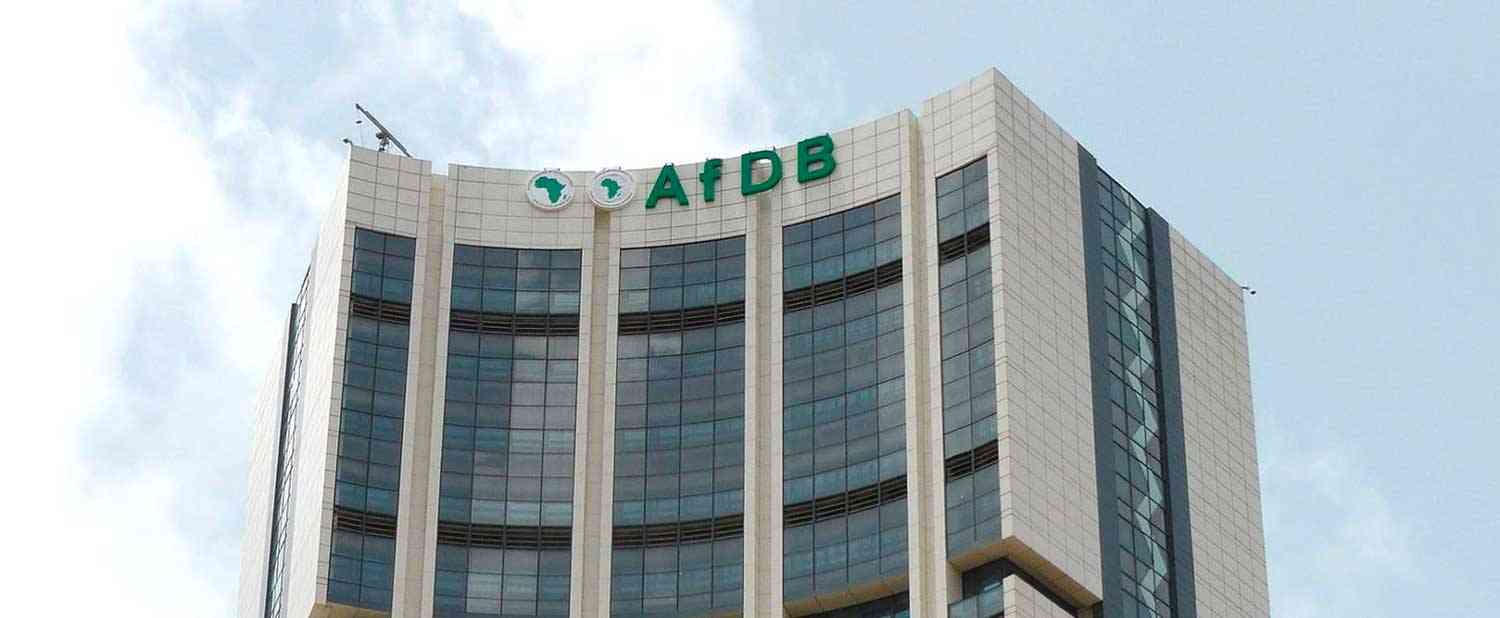
BY MTHANDAZO NYONI
THE Zimbabwe National Chamber of Commerce (ZNCC) says several companies are defaulting debt servicing to settle other expenses because they had been pushed to the brink by Covid-19 induced lockdowns, as it reunited with the Confederation of Zimbabwe Industries (CZI) to push for a recovery fund.
In an interview with Standardbusiness, ZNCC president Tinashe Manzungu said so dire was the Covid-19 induced crisis that many firms were slipping into bankruptcy.
Under a regime of lockdowns announced last year, companies not classified under the “essential services” league have had to shut or scale down to prevent contagion.
Manzungu said markets must not underestimate the effects of the pandemic on businesses.
“Business has never been going on well for the past two years,” Manzungu said.
“Covid-19 came in 2019 and we have been closing shops.
Manzungu, who spoke during the just ended ZNCC’s 2021 congress in Victoria Falls added: “I would have liked it if they had asked how many companies have closed shop, how many companies are on their knees and how many companies are still in existence.
- Chamisa under fire over US$120K donation
- Mavhunga puts DeMbare into Chibuku quarterfinals
- Pension funds bet on Cabora Bassa oilfields
- Councils defy govt fire tender directive
Keep Reading
“That kind of survey would be of great importance to those who are complaining (about defaults on several services).
“A lot of our companies have folded because of the effects of Covid-19.”
He spoke as power producer Zesa Holdings Limited, said defaults by companies and other consumers hit US$30 million last year.
The ZNCC boss said a stimulus would be key in ending troubles afflicting industries.
When the pandemic broke out, advanced economies injected over US$5 trillion in stimulus packages to bailout industries after firms came under pressure as revenues plummeted.
At the same time, companies were compelled to pay many commitments like salaries and service debts.
In some countries, governments funded up to 80% of companies’ payrolls.
But emerging economies including Zimbabwe struggled to raise the big financial outlays, triggering an industrial crisis.
President Emmerson Mnangagwa announced a $18 billion industrial package in May last year, but the ZNCC president said very few companies have benefited.
“We are expecting a stimulus handout just like any other country,” Manzungu said.
“There is a pledge from our government, but very few companies have benefited and what it means is that already we are living in debt.
“We would appreciate it if the government comes on board and produces a very handsome stimulus package that can be given to our private sector as that will revive our businesses.
Last week, Zimbabwe’s manufacturing sector also escalated the push for state-assisted bailout packages to stem the blazing crisis.
CZI warned that in the absence of such injections, current turbulences would be difficult to circumvent.
In a paper titled, “2022 Budget Statement Issues from Industry”, which was released as Zimbabwe battled to forestall a runaway parallel market exchange rate, CZI said such packages would have to be carefully guarded to avoid plunder.
“Although the NDS1 has identified priority value chains, there are deep and imbedded challenges, which require stimulation to kick-start,” CZI said.
“The 2022 budget should begin to commit resources to industrialisation, specifically by coming up with a resource envelope which value chain players can tap into to pursue industrialisation.
“Mechanisms can be put in place to ensure that the resources are accessible only for ring-fenced uses, with limited possibilities of diversion.”
The package was earmarked for providing working capital, recapitalisation, interventions to small-scale enterprises and other requirements.
Underfire industries, battling subdued demand in the aftermath of extensive job losses, have raised about US$45 million through alternative sources.
In addition, out of the US$1,7 billion channelled to industries through the foreign currency auction system, about US$23 million was deployed to recapitalisation.










